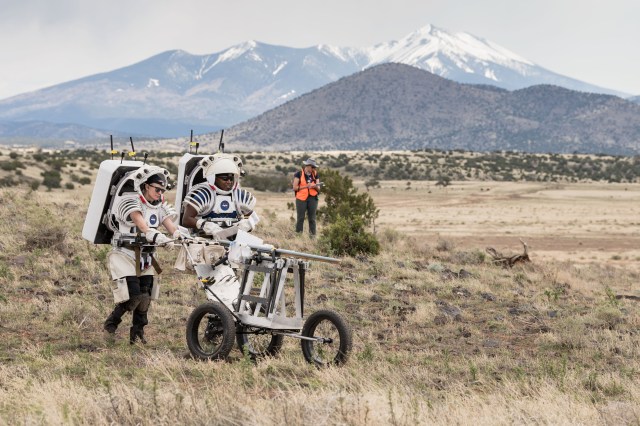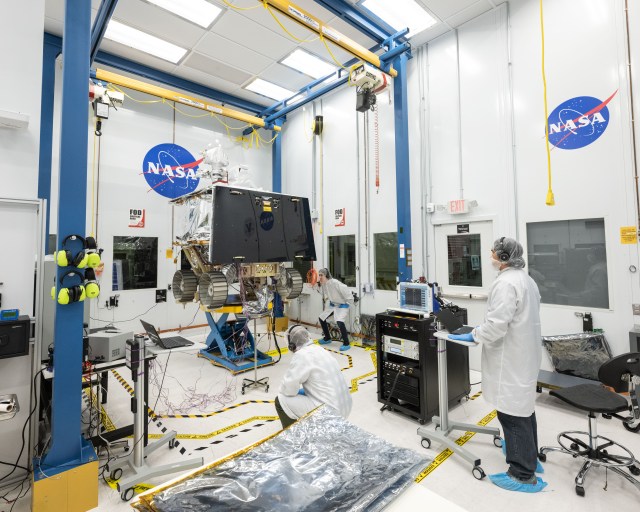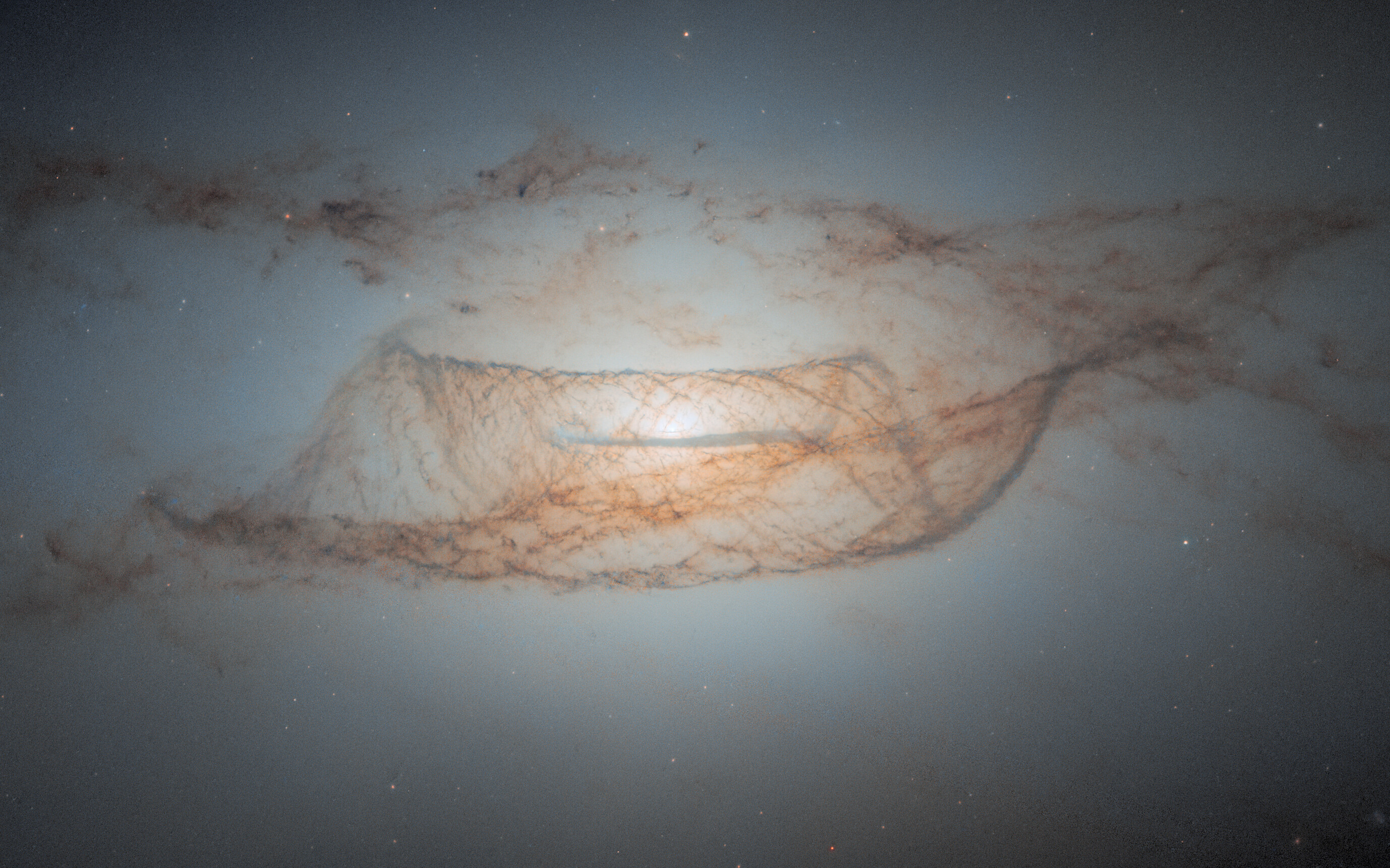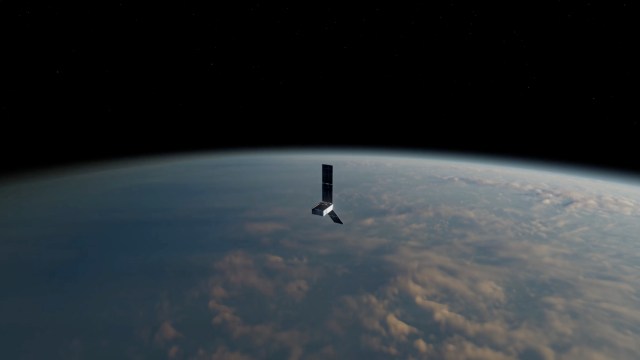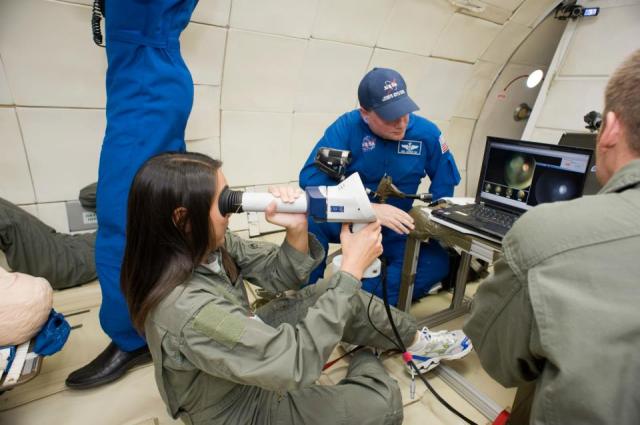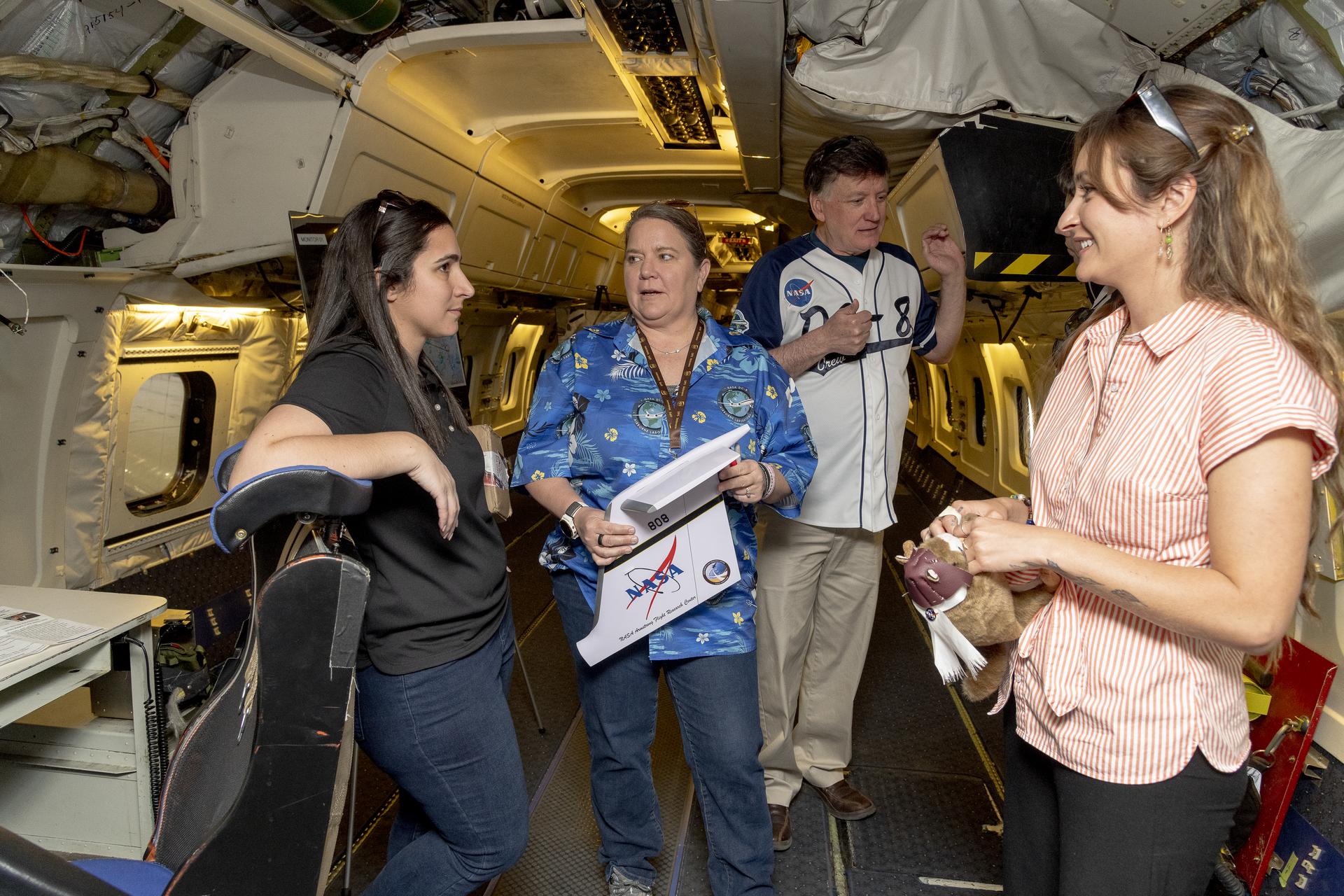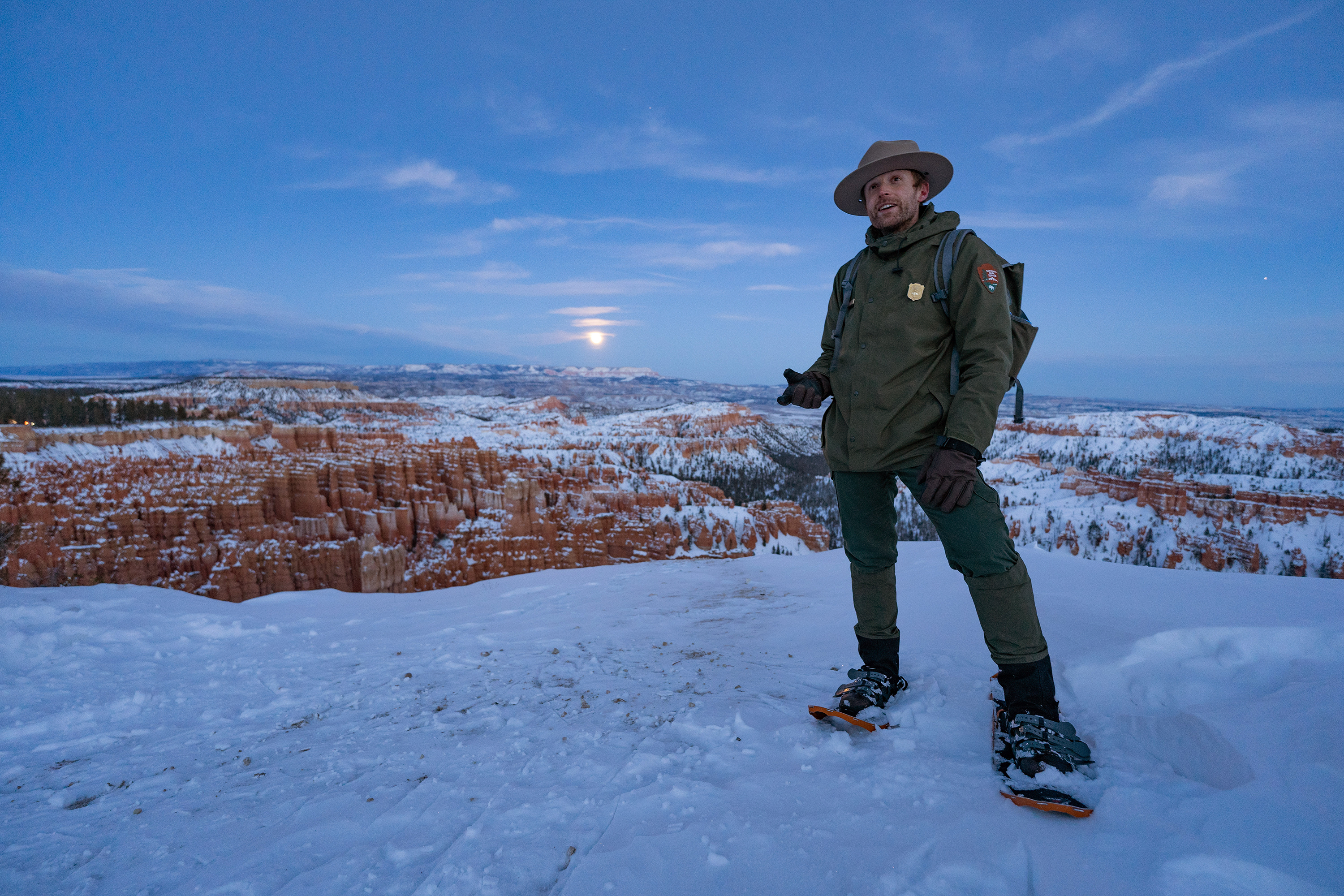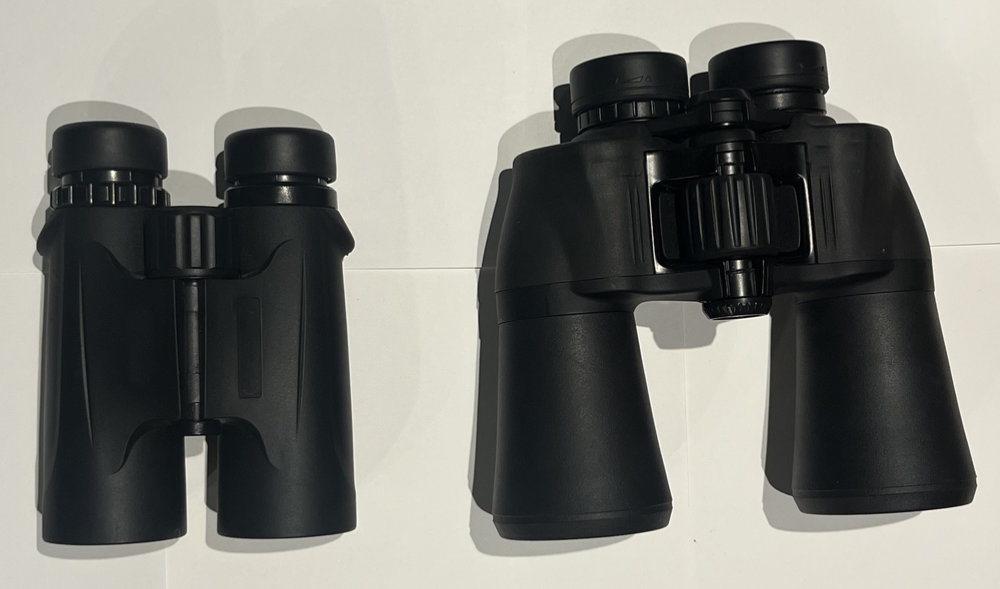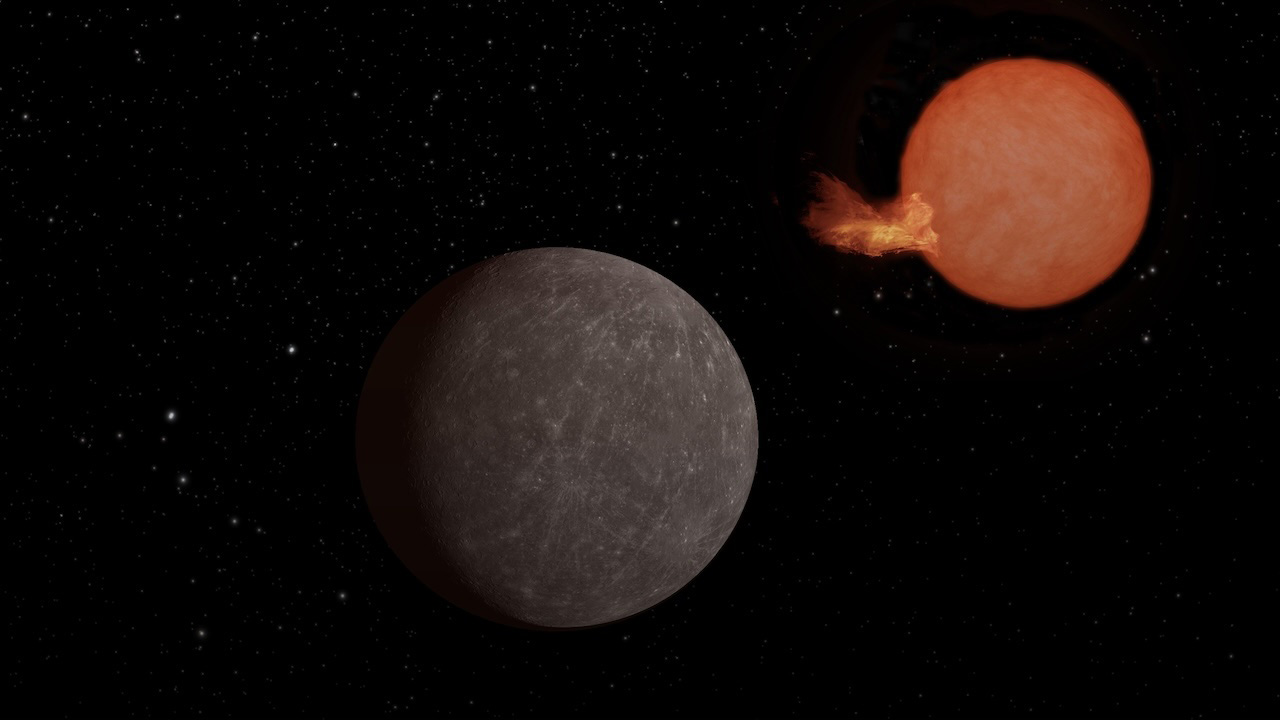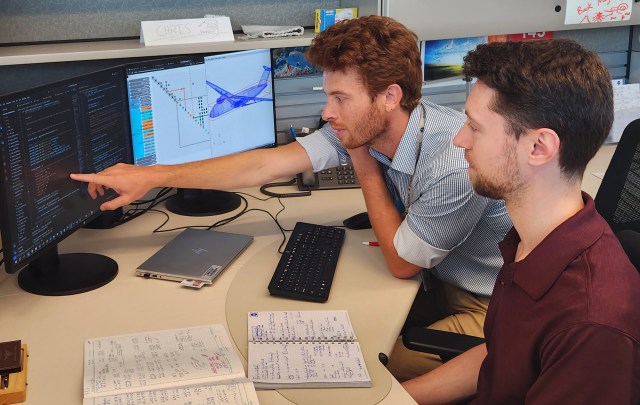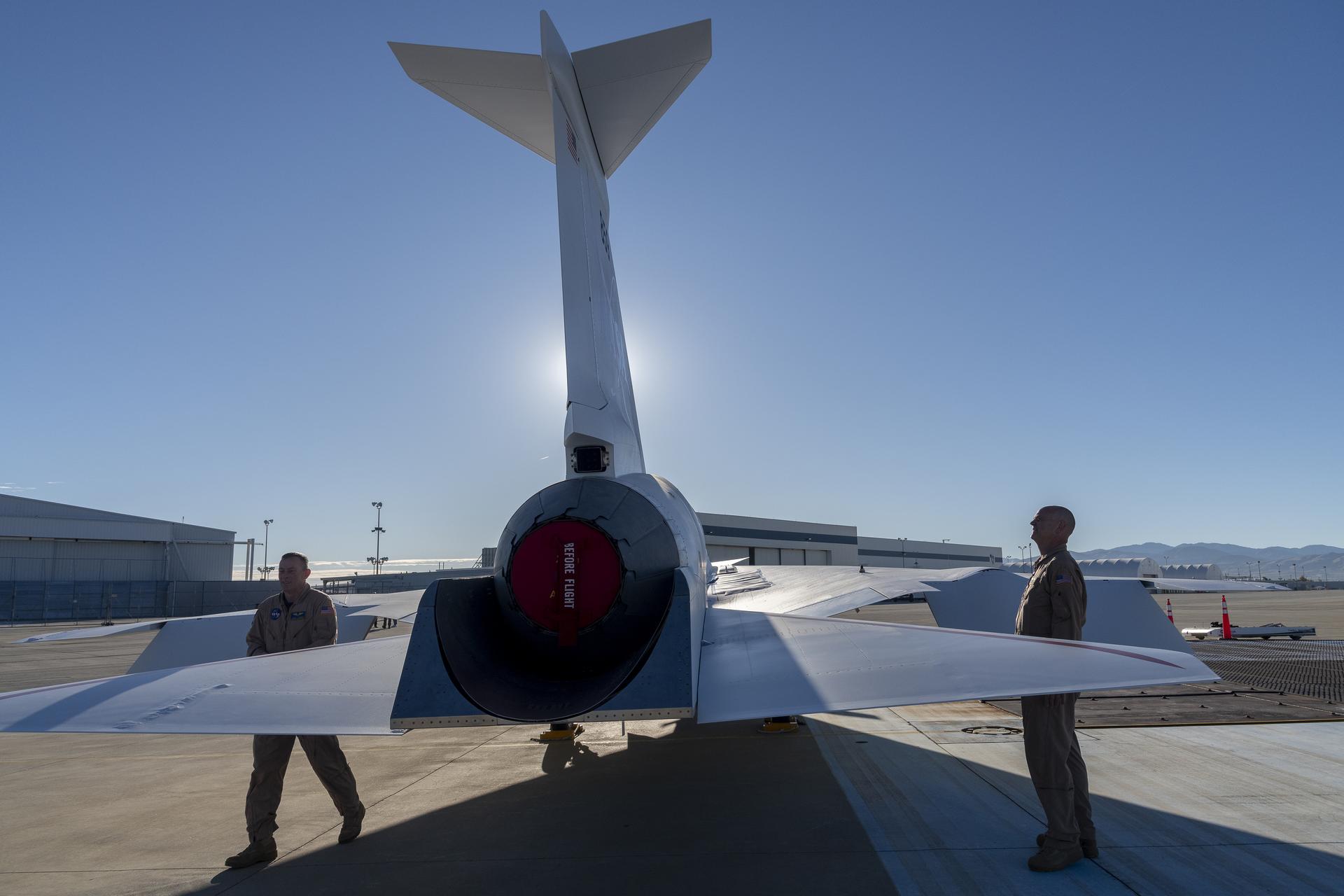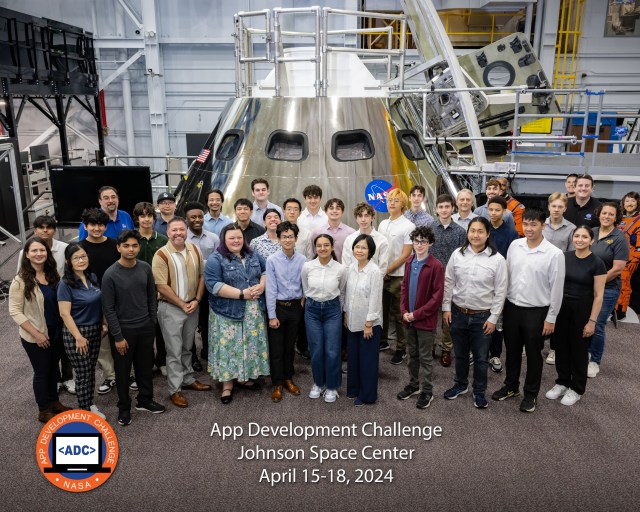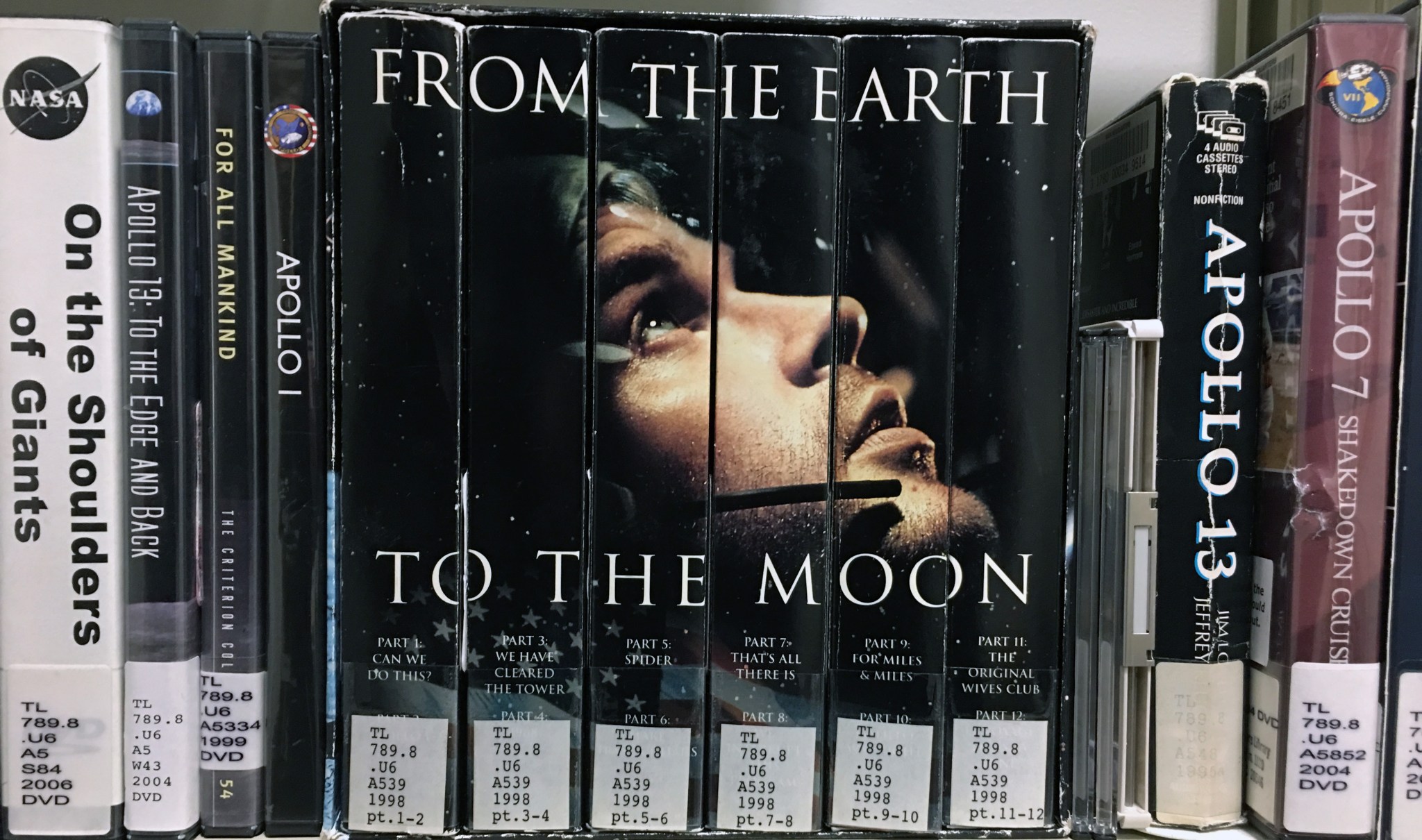BOOKS – E-BOOKS – ARTICLES AND REPORTS – INTERNET RESOURCES
“With public sentiment, nothing can fail; without it nothing can succeed.” – A. Lincoln
NASA depends on the will of the people, as expressed through their senators and representatives and the president, for its funding and direction. NASA has to take the pulse of the American people and obtain its good will. This has not been easy.
NASA had to play “catch-up” through much of its first five years, as the Soviets launched one space spectacular after another. It has had to recover America’s trust after several fatal accidents and other misfortunes, such as the losses of the Mars Climate Orbiter in 1998 and the Mars Polar Lander in 1999. However, NASA does not work alone. Several space advocacy organizations work at the grassroots level to get people interested in space exploration, urge Congress to provide better funding for NASA, and change the agency’s direction. This webpage covers how the American people’s opinion of NASA is shaped.
You may also find items of interest in our webpages on Science Policy, Legislative Research and Space Law, and Communicating Science. If you are a NASA HQ employee, please consider subscribing to our news alerts on OpEds and Views and Policy to get the latest news.
All items are available at the Headquarters Library, except as noted. NASA Headquarters employees and contractors: Call x0168 or email Library@hq.nasa.gov for information on borrowing or in-library use of any of these items. Members of the public: Contact your local library for the availability of these items. NASA Headquarters employees can request additional materials or research on this topic. The Library welcomes your comments or suggestions about this webpage.
BOOKS
Center for Cultural Studies and Analysis. American Perception of Space Exploration: A Cultural Analysis for NASA. Philadelphia, PA: Center for Cultural Studies and Analysis, 2004.
TL789.8 .U6 C46 2004 BOOKSTACKS
Dick, Steven J., and Roger D. Launius. Societal Impact of Spaceflight. Washington, DC: NASA, 2007.
CB440 .S63 2007 BOOKSTACKS
Note: This document is also available as two PDFs at: http://www.hq.nasa.gov/office/pao/History/series95.html
Dittmar, Mary Lynne. The Market Study for Space Exploration. Houston, TX: Dittmar Associates, 2004.
TL521 .312 .D53 2004 BOOKSTACKS
Keltner, Kathy A.. From Myth to Metaphor to Memory: A Rhetorical Analysis of Televised Representations of Project Apollo, 1968-2004. Athens, OH: Scripps College of Communication of Ohio University, 2007.
TL789.8 .U6 A554 2007 BOOKSTACKS
Launius, Roger D.. and Howard E. McCurdy. Robots in Space: Technology, Evolution, and Interplanetary Travel. Baltimore, MD: Johns Hopkins University Press, 2008.
TJ211 .L38 2008 BOOKSTACKS
Parker, Martin, and David Bell (eds.). Space Travel and Culture: From Apollo to Space Tourism. Malden, MA: Wiley-Blackwell/Sociological Review, 2009.
TL794.5 .S62 2009 BOOKSTACKS
E-BOOKS
The e-book listed below is available to the general public through the National Academies Press.
- Smith, Marcia, Rapporteur. Sharing the Adventure with the Public: The Value and Excitement of Grand Questions of Space Science and Exploration Summary of a Workshop. 2011
ARTICLES AND REPORTS
Charania, A., J.E. Bradford, and A. Shkirenko. “Past Realities Versus Hypothetical Futures: Bridging Accurate Perceptions and Individual Expectation Gaps in Relation to Future Space Exploration at Entertainment Attractions,” IAC-02-P.4.05, 53rdInternational Astronautical Congress, The World Space Congress – 2002, Houston, Texas, October 10-19, 2002.
Spaceworks Engineering Document Archive, 2002
Delgado, Laura M. “When inspiration fails to inspire: A change of strategy for the US space program”, Space Policy, vol. XXVII, no. 2 (May 2011), p. 94-98.
Jones, Robert A. “They came in peace for all mankind: popular culture as a reflection of public attitudes to space”, Space Policy, vol. XX, no. 1 (Feb. 2004), p. 45-48.
Launius, R.D. “Perceptions of Apollo: Myth, nostalgia, memory, or all of the above?”, Space Policy, vol. XI, no. 2 (May 2005), p. 129-140.
__________. “Public opinion polls and perceptions of US human spaceflight”, Space Policy, vol. XIX, no. 3 (Aug. 2003), p. 163-176.
Lofstedt, Ragnar E. “Public perceptions of the Mars sample return program”, Space Policy, vol. XIX, no. 4 (Nov. 2003), p. 283-292.
McQuaid, Kim. “Earthly environmentalism and the space exploration movement, 1960–1990: A study in irresolution”, Space Policy, vol. XXVI, no. 3 (Aug. 2010), p. 163-173.
Smith, H.A. “Public Attitudes towards Space Science”, Space Science Reviews, vol. CV, nos. 1-2 (2003), p. 493-505.
Steinberg, Alan. “Space policy responsiveness: The relationship between public opinion and NASA funding”, Space Policy, vol. XXVII, no. 4 (Nov. 2011), p. 240-246.
Whitman Cobb, Wendy N. “Who’s supporting space activities? An ‘issue public’ for US space policy”, Space Policy, vol. XXVII, no. 4 (Nov. 2011), p. 234-239.
INTERNET RESOURCES
Advocacy GroupsNote: This list should not be considered all-inclusive or an endorsement by NASA. It is merely a guide for researchers.
B612 Foundation. Aug. 2011 [Dec. 13, 2011].
http://www.b612foundation.org/
Citizens for Space Exploration. 2011 [Dec. 13, 2011].
http://www.citizensforspaceexploration.org/
Coalition for Space Exploration. Dec. 13, 2011 [Dec. 13, 2011].
http://spacecoalition.com/
National Space Society. Nov. 27, 2011 [Dec. 13, 2011].
http://www.nss.org/
The Planetary Society. Dec. 7, 2011 [Dec. 13, 2011].
http://planetary.org/
ProSpace. March 13, 2011 [Dec. 13, 2011].
http://www.prospace.org/
Space Foundation. Dec. 12, 2011 [Dec. 13, 2011].
http://www.spacefoundation.org/index.php
Tea Party in Space. 2011 [Dec. 13, 2011].
http://www.teapartyinspace.org/Major US Pollsters
Dittmar Associates. 2011 [Dec. 13, 2011].
http://www.dittmar-associates.com/
The Gallup Organization. Dec. 13, 2011 [Dec. 13, 2011].
http://www.gallup.com/
The Pew Research Center for the People and the Press. Survey Reports. Dec. 8, 2011 [Dec. 13, 2011].
http://people-press.org/reports/
University of Connecticut. Roper Center. 2011 [Dec. 13, 2011].
http://roperweb.ropercenter.uconn.edu/

